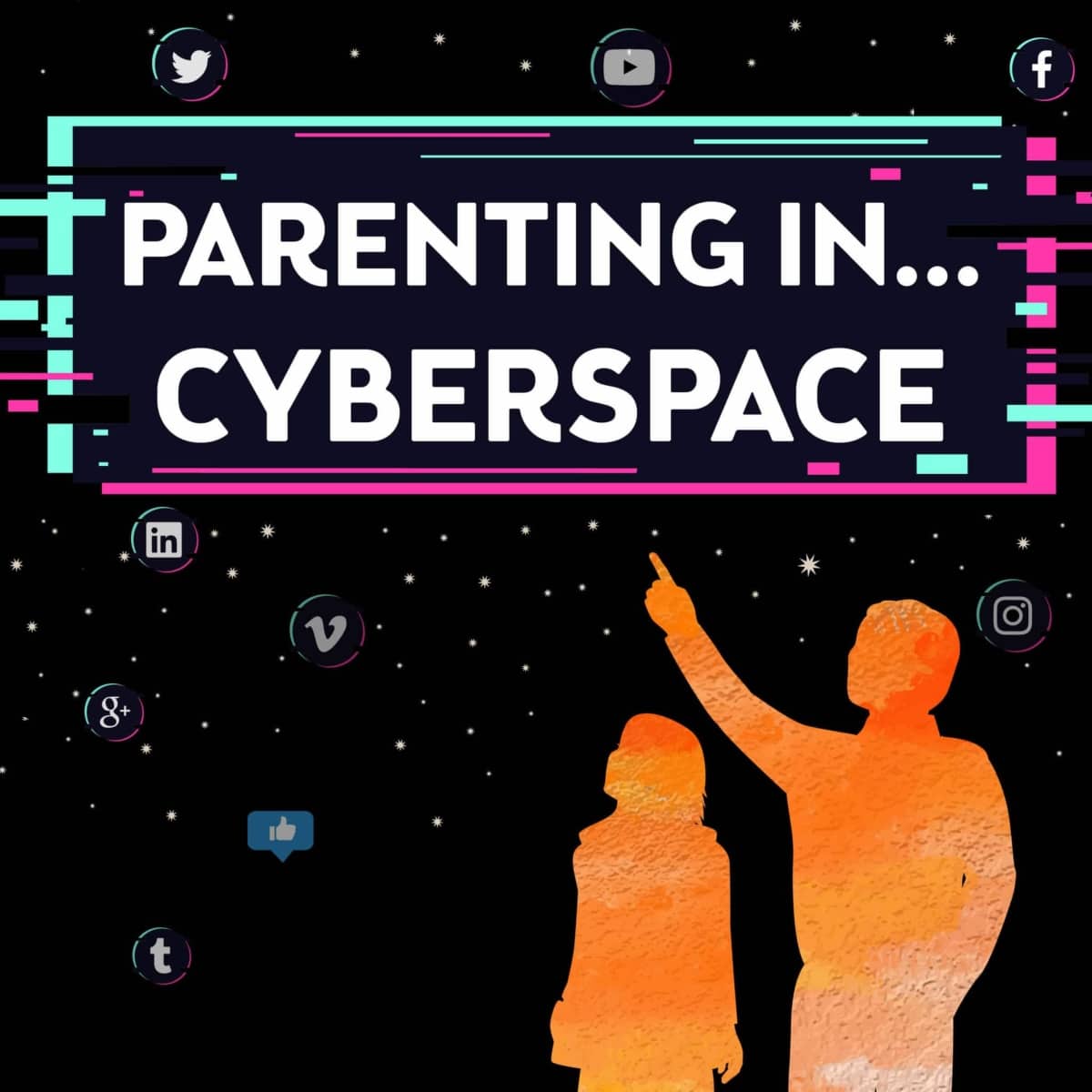How can you help your children be safe online? It’s a question I’ve been giving a lot of thought to recently, as a mother of two who already seem adept with parental smartphones, tablets and even the Smart TV.
My children see the internet as some magical entity that can answer the most unusual questions. They know I use it to access free educational activities to keep them busy while I use it to ‘research’ for ‘work’ (yes, I’m THAT mum). They know their father uses it to look for barbecue cooking inspiration. It also provides them with access to entertaining videos they can dance to, sing to and/or laugh at.
Yet there’s a lot they don’t know. They have no idea it contains viruses for example, there is no understanding of online privacy or that some people don’t behave appropriately while using it. In fact, there are a great many internet safety and online security issues most children – not just mine – have no idea about.
Who’s responsible for teaching your kids about cyber safety? You are.
If you’re like me, you might be feeling overwhelmed about finding the right information or doing a good job. But remember, there is an entire industry dedicated to online safety. Among the experts faced with the same challenge of raising internet-savvy, safe and responsible children is the team at Parentline.
They recently launched a podcast for parents, educators and children to help demystify the emerging risks of being online. There’s also a special emphasis on cyberbullying.
Cyber safety starts early
The old adage of ‘the earlier the better’ applies to online safety with children, too. As soon as your child starts doing anything that involves the internet, that’s when you need to be discussing their safety and wellbeing with them.
Take advantage of the situation if your child uses a device with you. Use it as an opportunity to talk about the similarities between the online world and the real-world; that there are safe and unsafe things. You could talk about the things your family has in place to help protect everyone while online, such as passwords.\
As your child gets older and they move to more independence with their online activities, you can broaden the discussion. Especially talk about the responsibility of using the internet.
Something we often talk about in our house is that if you wouldn’t do something face-to-face, you shouldn’t do it online. Having worked as a social media moderator, I know first-hand how people feel a sense of entitlement when they are online. Children also feel protected by their perception of ‘distance’ between themselves and the person they are talking to. Online is still real world.
As a parent or caregiver, you should feel no shame in talking to your child about what websites your child is accessing. Depending on your child’s age, you might also approve app downloads before they happen.
Spending time showing your children that you can be trusted when it comes to their online use can help keep the lines of communication open between you. It also encourages them to use good judgement on whether you (initially) or they feel something is safe and appropriate to use.
Cyberbullying is an issue not to be ignored
If your children know they can talk to you and you to them about issues, it can be the best protection online. This is especially true when it comes to cyberbullying.
According to the eSafety Commissioner, approximately one in five young people will experience cyberbullying. More than 50 per cent will seek support from their parents or carers.
Parentline’s Parenting in … Cyberspace podcast delves into some of the ways you can support young people’s online wellbeing, with a focus on cyberbullying.

Parentline’s cyberbullying consultant Aaliyah Talukdar hosts the podcase. In each episode, a new guest or expert joins her to share tips, tricks and links to resources to help support you and your children.
Parenting expert and Parentline manager, Kimberley Harper, comes on at the end of each episode to break down what’s been learned. She discusses how you can use it to engage with your child about their online wellbeing and strengthen your existing connection.
The podcast helps you and your child navigate everything from cyberbullying and online safety to legislation and reporting. You can access Parenting in … Cyberspace directly from the Parentline website. Alternatively, you can subscribe to it wherever you get your podcasts.
You might also like…
Transitioning to high school — podcast
Balancing the busyness — parenting support from Parentline




